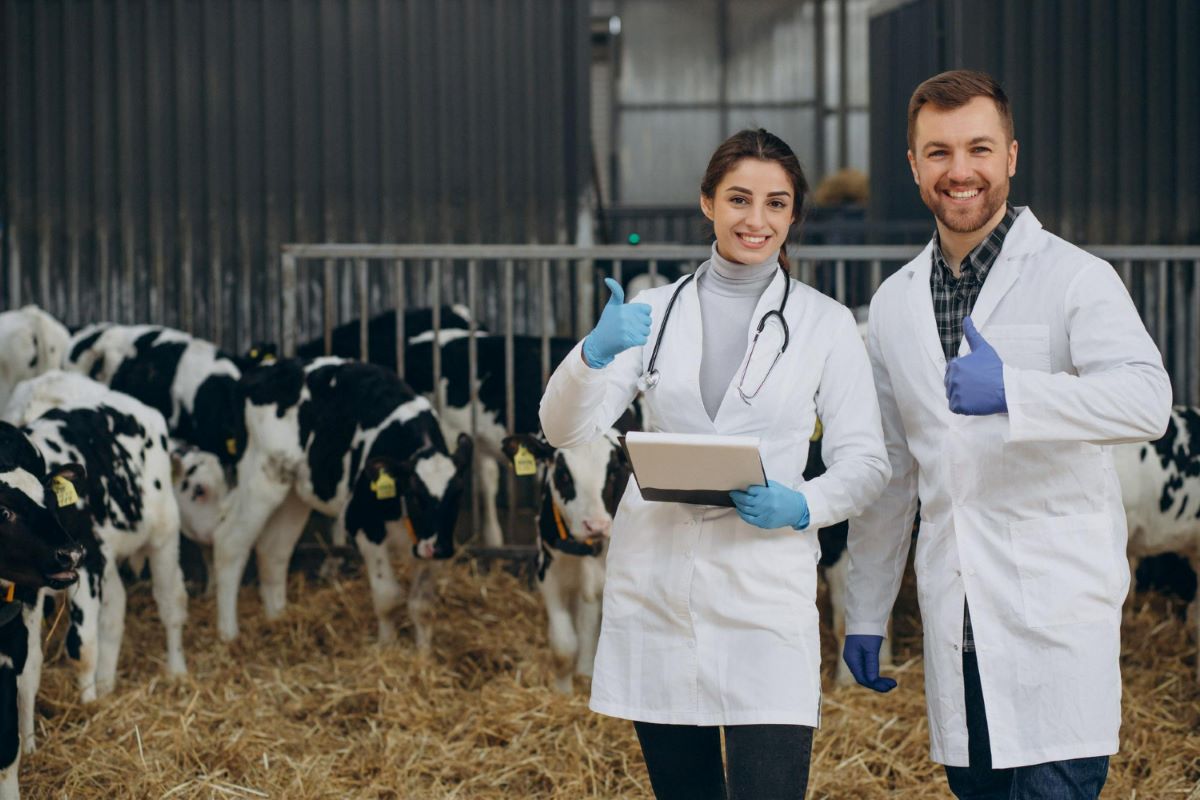Table of Contents
Modern breeding industry because of the economic scale, so the density of breeding significantly increased, therefore, the risk of disease occurrence and spread also relatively increased, and now cause the greatest loss of herd animals are mostly viral diseases, and traditional solutions such as antibiotics and vaccines, the effect of RNA virus prevention and control can be said to be almost negligible.
Why do we say that?
The main antibodies are IgG and IgA, and vaccine administration produces IgG, so for many years, the most effective antiviral is the vaccine, but because of the variability of RNA virus, the vaccine loses its target, which is also the biggest problem of virus prevention and control.
Nowadays, In the livestock industry, livestock feed additives are mainly used to prevent and control viruses, thereby reducing the risk of mass infection and minimizing mortality and low productivity of animals on the farm, which is an essential feed additive for every farm.
VAP feed additives for livestock are the most important feed additives for modern farm performance and prevention of disease spread in the field and are the last line of defense for farm biosecurity. When an external pathogen invades, it is invisible to the naked eye. Normally, when we see pigs and chickens dying, the disease has already broken out rapidly on the farm. The use of VAP livestock feed additives can delay the spread of the disease and the number of outbreaks, as well as reduce the risk of significant property damage to customers.
● What is a feed additive for livestock?
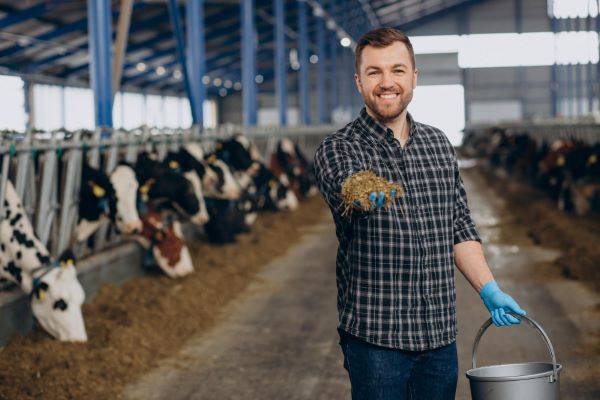
In addition to compensating for the basic nutrition and satiety that feeds provide to animals, livestock feed additives can also meet the needs of breeders for maximum profitability in a variety of functions, including animal nutrition supplementation, maintaining feed quality, increasing animal intake, improving animal daily weight gain, improving animal health and immunity, improving feed efficiency, increasing animal adaptability to environmental stress (enhancing the ability of animals to resist stress), improving the quality of meat or eggs produced by animals, substances that improve breeding performance, etc.
● What is the purpose of livestock feed additives?
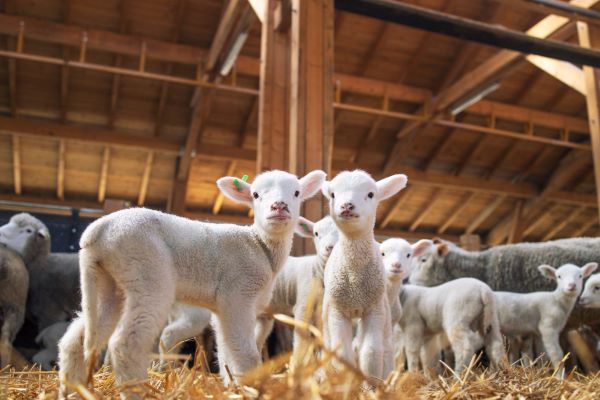
The uses of livestock feed additives include animal nutrition supplementation, maintaining feed quality, increasing animal feed intake, increasing daily weight gain of animals, improving animal health and immunity, improving feed efficiency, increasing animal adaptability to environmental stress (improving animal resistance to urgency), improving the quality of animal meat or egg production, and substances that improve breeding performance.
● What are 3 categories of livestock feed additives?
- Nutritional supplement livestock feed additives:
feed additives that increase production performance, such as vitamins, minerals, protein supplements, energy supplements, etc. - Functional livestock feed additives:
feed additives that reduce diseases, such as VAP feed additives, herbs, plant extracts, biological preparations, etc. - Maintenance livestock feed additives:
feed additives to maintain the quality of feed, such as toxin adsorbers, bactericides, antioxidants, etc.
● Advantages of these 3 types of feed additives in livestock
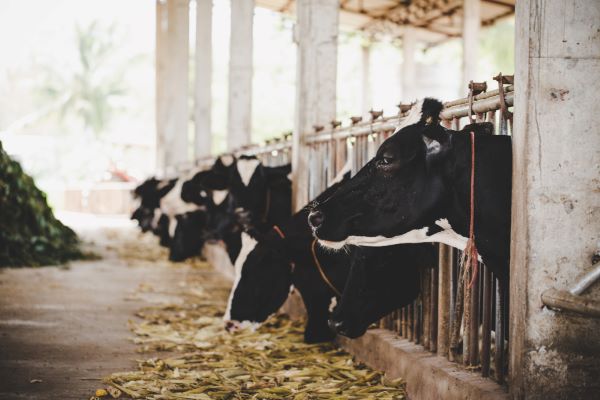
- Nutritional supplement livestock feed additives:
Each species and growth stage requires different nutrition, and the farming environment and mode are also different. Therefore, feeds with different nutritional requirements need to be tailored to the farm to maximize the benefits for the farmers. - Functional livestock feed additives:
Disease outbreaks are the biggest risk and loss for breeders, and the risk of disease occurrence and spread increases with high-density feeding. Viral diseases are characterized by their ease of spread. Previous drugs and prevention and control methods are unable to solve the current problem of rapid disease change, and general products to enhance immunity are unable to solve the purpose of target prevention and control of viruses.
Only the antibody IgA produced by the mucosal immune VAP livestock feed additive is activated to neutralize the environmental wild virus in the mucosal layer in large quantities so that the environmental wild virus will not quickly invade in large quantities, and the immune system also has time to respond and clear the virus already in the body. The mutation of the environmental virus constantly allows the intestinal mucosa to identify the mutated virus and produce the corresponding antibody IgA to neutralize the virus on the surface of the mucosa. - Maintenance livestock feed additives:
In the process of feed production and raw material preservation, the growth of bacteria and the accumulation of toxins often cause damage to the breeding animals, thus affecting the laying, egg production, and growth performance of the breeding animals and causing losses to the breeding farms.
● What do you need to pay attention to while choosing feed additives in livestock?
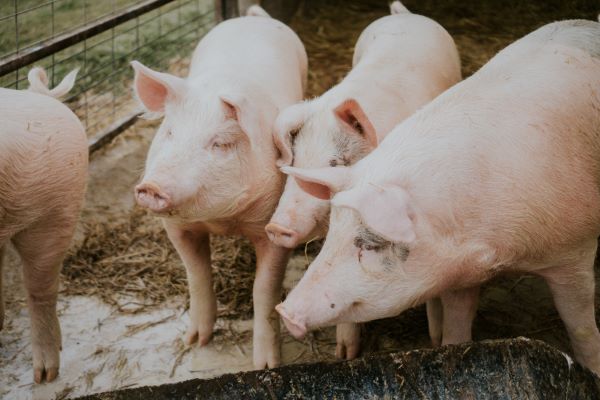
There are so many livestock feed additives on the market, and their effects are also diverse, so many choices often confuse breeders and feed factory practitioners, and there is a wide range of information in the books, the focus is on whether the actual use of the farming site can be as presented by the industry, and livestock feed additives industry, whether they can propose solutions and support, rather than just promoting a single product, which is also relevant to the impact of the effect and the effectiveness of virus control.
● What nutrition that pregnant, young, and sick livestock can take?
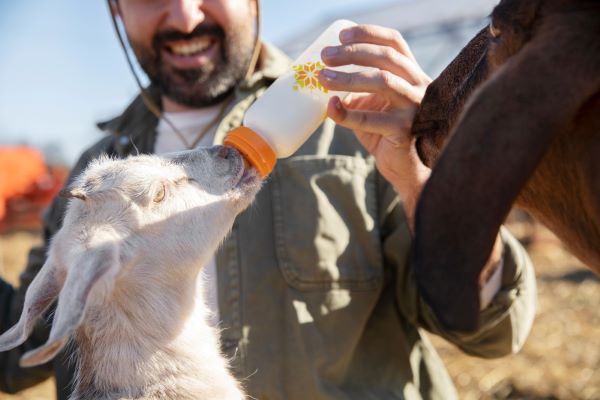
VAP feed supplements reduce viral interference with the production process of pregnant livestock and increase the health and vigor of newborn livestock.
The nutritional intake of young animals is focused on a balanced amino acid profile and a good source of protein is a major concern. However, since the immune system of young livestock is unfamiliar with the pathogens in the environment, the immune system must be constantly infected, fought, and repaired to build its database, and these processes can easily cause young livestock to die or be significantly affected, thus losing their economic benefits.
VAP feed supplements can assist young livestock by shortening the process of building their database and reducing the chance of young livestock losing their value in the process.
It is not economically efficient to incur significant costs to treat economic animals when they become ill, so it has been Senmu’s experience over the years that prevention is the least costly way to go.
VAP livestock feed additives can assist in reducing the chance of illness in livestock, reduce the after-effects of illness, and greatly reduce the cost of medication and labor on the farm as well as the loss of livestock.
● Where can I buy livestock feed additives?

VAP livestock feed additives can be purchased with Senmu, located in East Asia, Taiwan, an independent company specialized in products made of natural ingredients; you can contact your local agent who works with SenMu. Senmu will provide you with a livestock feed additives complete solution, so you are not only buying the product, but also our service.
● What livestock feed additives does SenMu provide?
VAP Feed additives can be used in all farming industries, such as pigs, chickens, cattle, sheep, fish, shrimp, etc. VAP livestock feed additives are broad-spectrum antiviral feed additives, usually, a product or a vaccine can be used against a variety of viruses, so it can not be called specific, because specificity is specific.
Why can VAP livestock feed additives do this?
The reason why VAP feed additives can work with so many viruses and produce specific protection is that VAP feed additives only recognize PRRS virus or avian influenza virus to the immune system, and the immune system will produce IgA antibodies specific to PRRS virus or avian influenza virus to neutralize PRRS virus or avian influenza virus in the mucosal surface. Simply put, specificity means targeting. All antibodies have specificity, which is also known as targeting, and VAP feed additives are those with non-specific protection, but with specific effects.
● Why is it necessary to add feed additives to livestock?
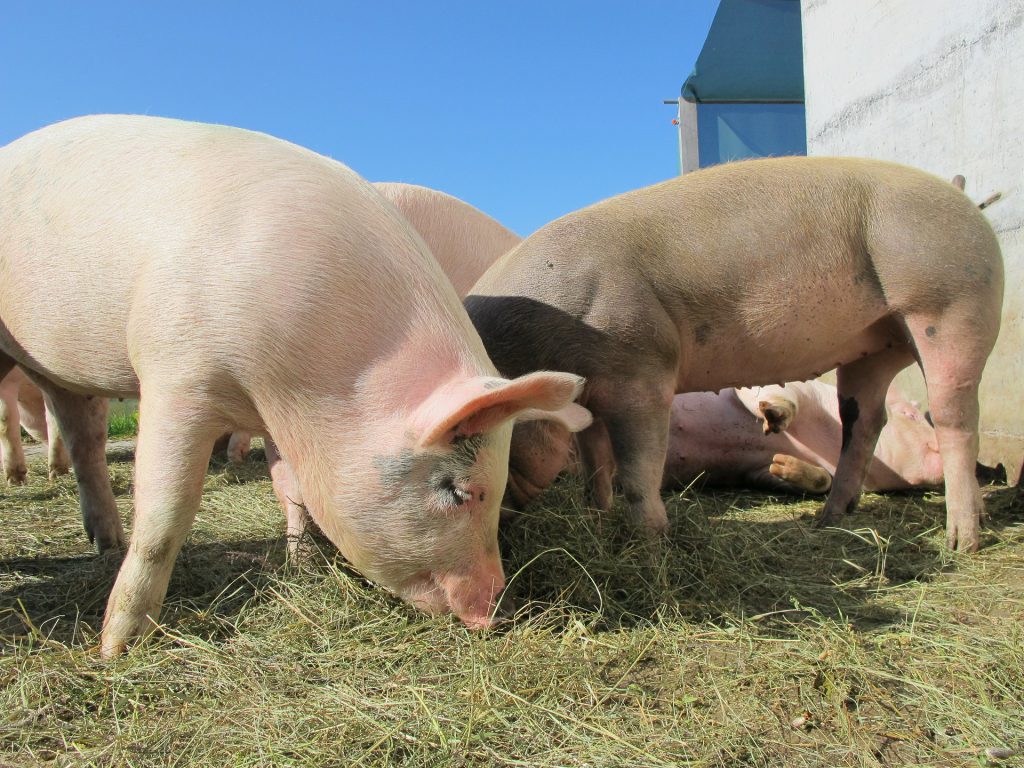
The main reason for this is that modern farming is corporate, to save feed costs, reduce the risk of disease outbreaks or shorten the time to market. Livestock feed additives can increase the utilization of nutrients in feeds by animals. As the nutrient utilization rate of feed improves, the concentration of nutrients in the corresponding feed should be relatively lower, and feed additives should be added to improve its combination efficiency. Due to the increase of land and labor costs, the increased density and turnover of farming in order to increase the scale of farming, all these factors tend to cause the plight of incessant diseases, slow growth, poor neatness, and shortened service life. Hence, the use of VAP livestock feed additives can maximize the benefits of farming.
In the case of sows, the supplementation of VAP livestock feed additive has significantly improved the number of litters, reproductive disorders, piglet vigor, and increased service life.
Feed is the highest proportion of the whole farming cost, and the cost of livestock feed additives does not have a certain proportion, each farmer has their own recipe and method, so the cost of livestock feed additives does not have a certain standard, the use of VAP livestock feed additives, the main purpose is to allow farmers to,
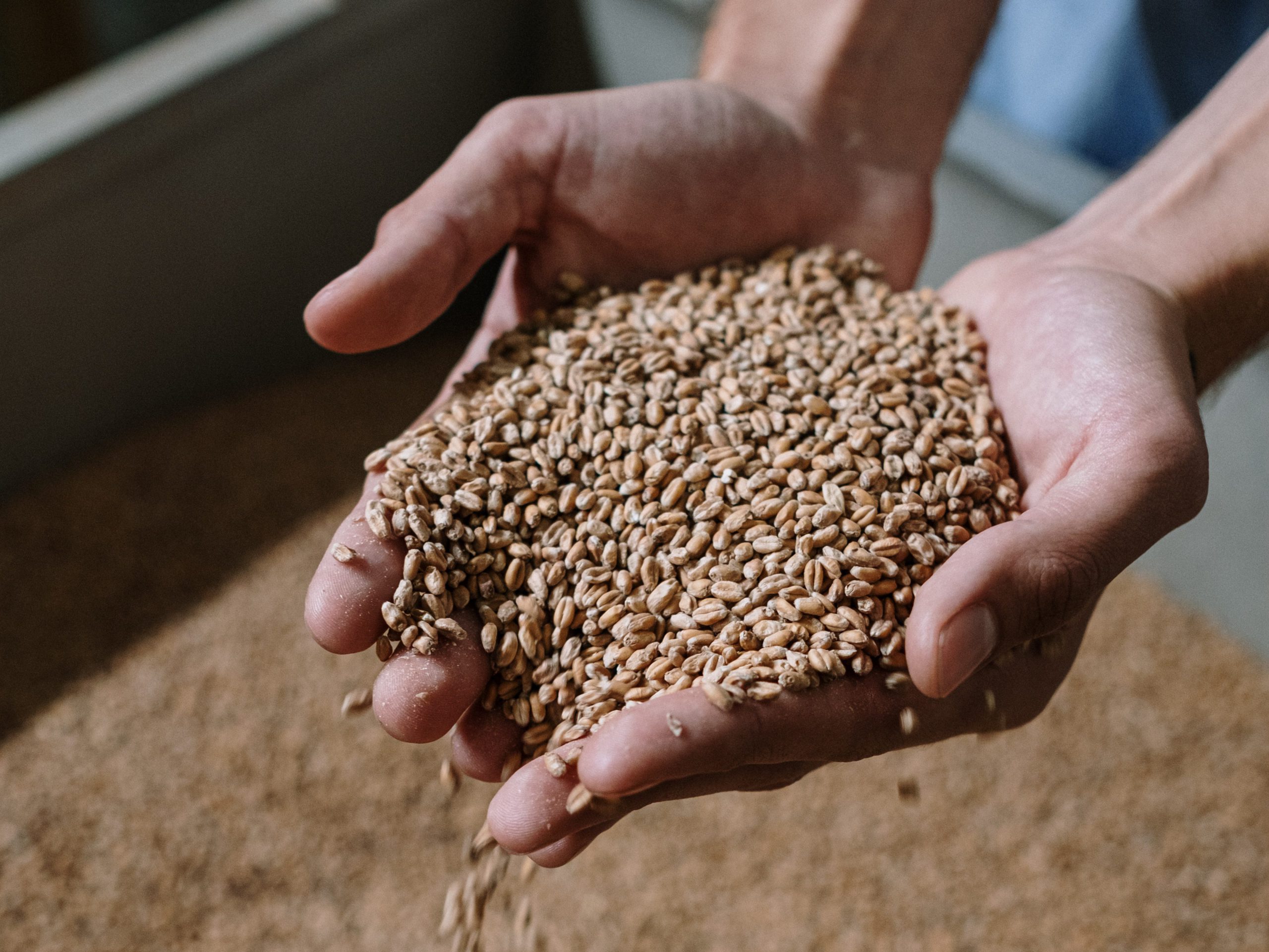
- (1) Increase profit:
The changes caused by the long-term pigs make the customer’s annual production and profit increase year by year. - (2) Reduce risk:
Reduce the loss of large-scale disease outbreaks and a large number of deaths, and long-term intake can stabilize profits. - (3) Increase competitiveness:
Regardless of the price of meat and eggs, there will be fluctuations in the market, and fluctuations in raw materials will also result in losses in farming. Therefore, many farmers will choose a less efficient way of farming in order to reduce the cost of farming when they are not making money. This way of breeding seems to reduce the cost of breeding, but in fact, the cost of breeding is increased, which is not efficient. The cost of fixed expenses remains unchanged, which often misses the profit that should be obtained when the market price improves, and in the long run, it loses competitiveness with the same breeder.

